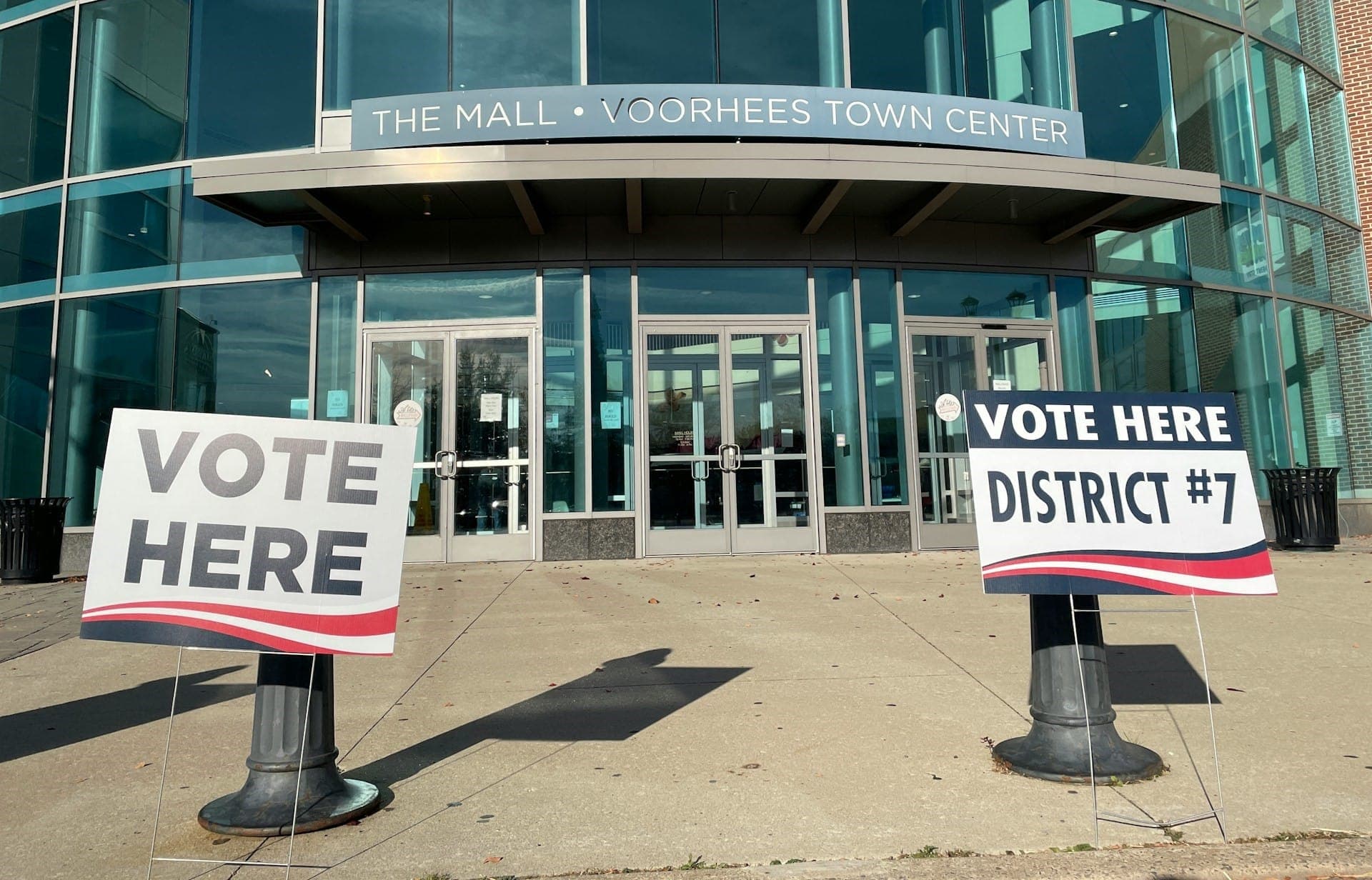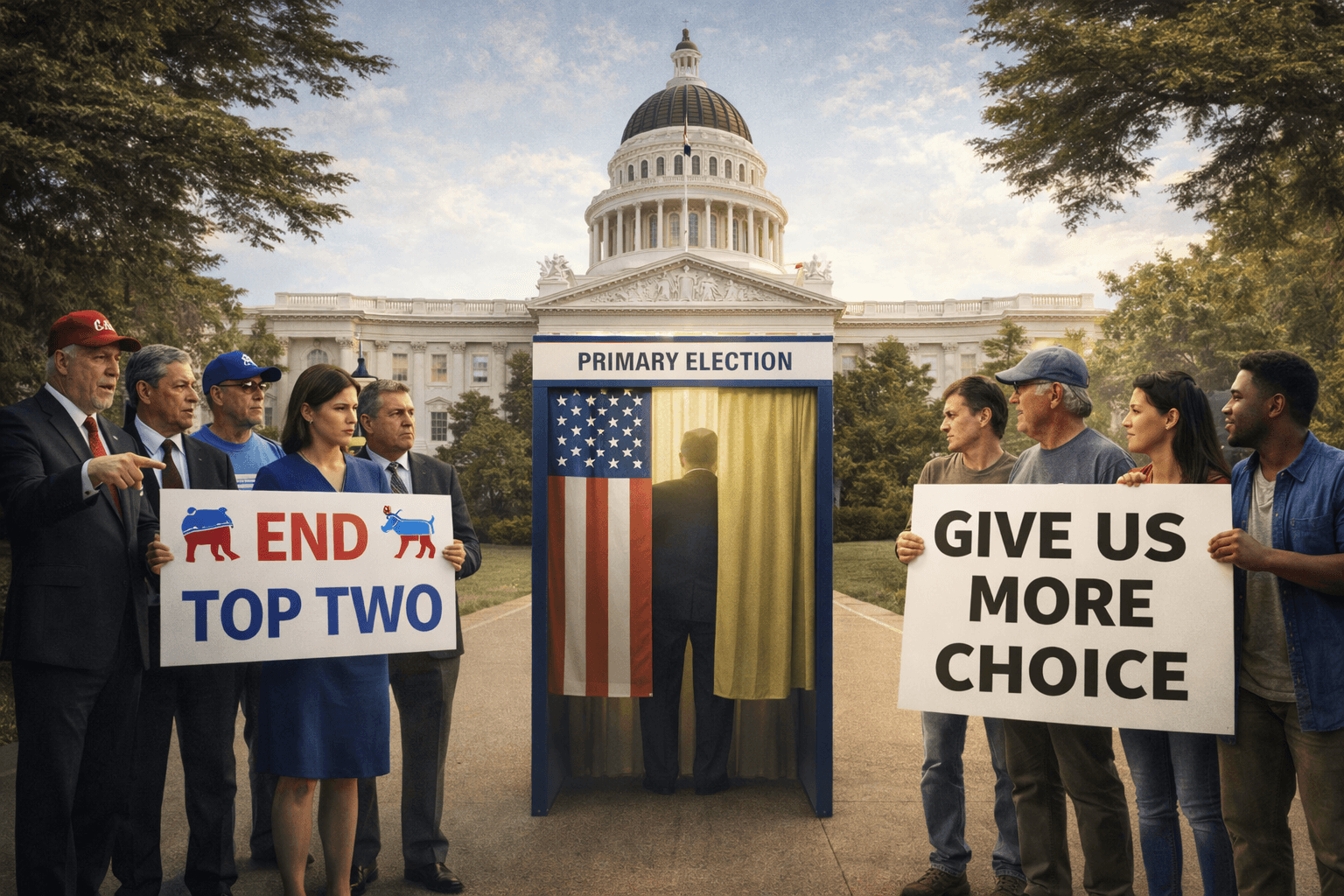FairVote Report: 70 Statewide, Congressional 2024 Primaries Won with Less Than 50% of Vote

Photo by Ernie Journeys on Unsplash
The nonpartisan voting reform group FairVote released a new report Monday that shows that 70 major party statewide and congressional candidates in the 2024 primary cycle advanced to the general election with less than 50% of the vote.
It is a scathing indictment of the current electoral system used in much of the US as most primary elections act as de facto general elections because the state or district is safe for one party or the other.
“In states and districts across the country, majority rule has been replaced with ‘fewest votes wins,’” said FairVote Director of Research and Policy Deb Otis, in a press release.
The candidate who advanced to November with the lowest percentage of the vote was Amish Shah in the Democratic primary for Arizona’s 1st Congressional District with 23.5%, followed closely by Republican Martin Stutzman (24.2%) in Indiana’s 3rd Congressional District.
FairVote found that the average vote for all 70 instances of a plurality primary winner was 40% of the vote, which means that on average 60% of one party’s voters will be represented on the ballot in November by someone that didn’t get their vote.
Shah advanced to a general election that is considered competitive in the 2024 election cycle. The district is currently represented by Republican US Rep David Schweikert, who won re-election in the newly redrawn district in 2022 with less than a percentage point.
So, at least voters who cast a ballot in the November 5 election can still impact the election. This, unfortunately, is not the case for most of the 70 elections looked at by FairVote. Only 17 of the plurality primary winners moved on to a competitive general election.
The rest were, in Otis’ words, “chosen in the spring and summer by a fraction of a fraction of the electorate." Due to how safe the state or district is for the dominant party, these candidates outright won their election on primary election day.
Nearly half of the 70 candidates in FairVote’s report were a member of the dominant party – representing districts and states in which 28 million people live.
For example, Stutzman advanced to November with less than a quarter of the primary vote in a district that is a unquestionably a Republican stronghold. The Cook Political Voting Index has Indiana CD-3 at R+18.
The number of candidates who won a party primary with a plurality decreased from the 2022 election cycle, when FairVote found 120 candidates who did not earn a majority of the vote from their own party’s members.
FairVote attributed this decline at least partly to a smaller number of statewide elections in 2024.
Partisan primaries are already defined by minority rule. Typically, these taxpayer-funded elections draw between 10-15% turnout and the nonpartisan reform group Unite America found that approximately 8% of eligible voters decide 83% of Congressional elections.
Due to how safe most electoral districts are for one of the two major parties, solving the plurality issue in primaries alone won’t solve the problem of minority rule in the US, especially as the parties’ bases shrink.
However, FairVote argues that ranked choice voting can prevent someone from winning an election outright with less than a quarter of the primary vote – which will make a lingering problem a bit less severe.
And, Otis asserts that it will result in less extreme candidates and stronger political parties because to win a party’s primary, candidates will need to build broad support with primary voters.
“With ranked choice voting, voters get real choices, parties get stronger nominees, and candidates need a majority to win. It’s a win-win solution, and that’s why it’s become the fastest-growing voting reform in the nation,” she said
 Shawn Griffiths
Shawn Griffiths






